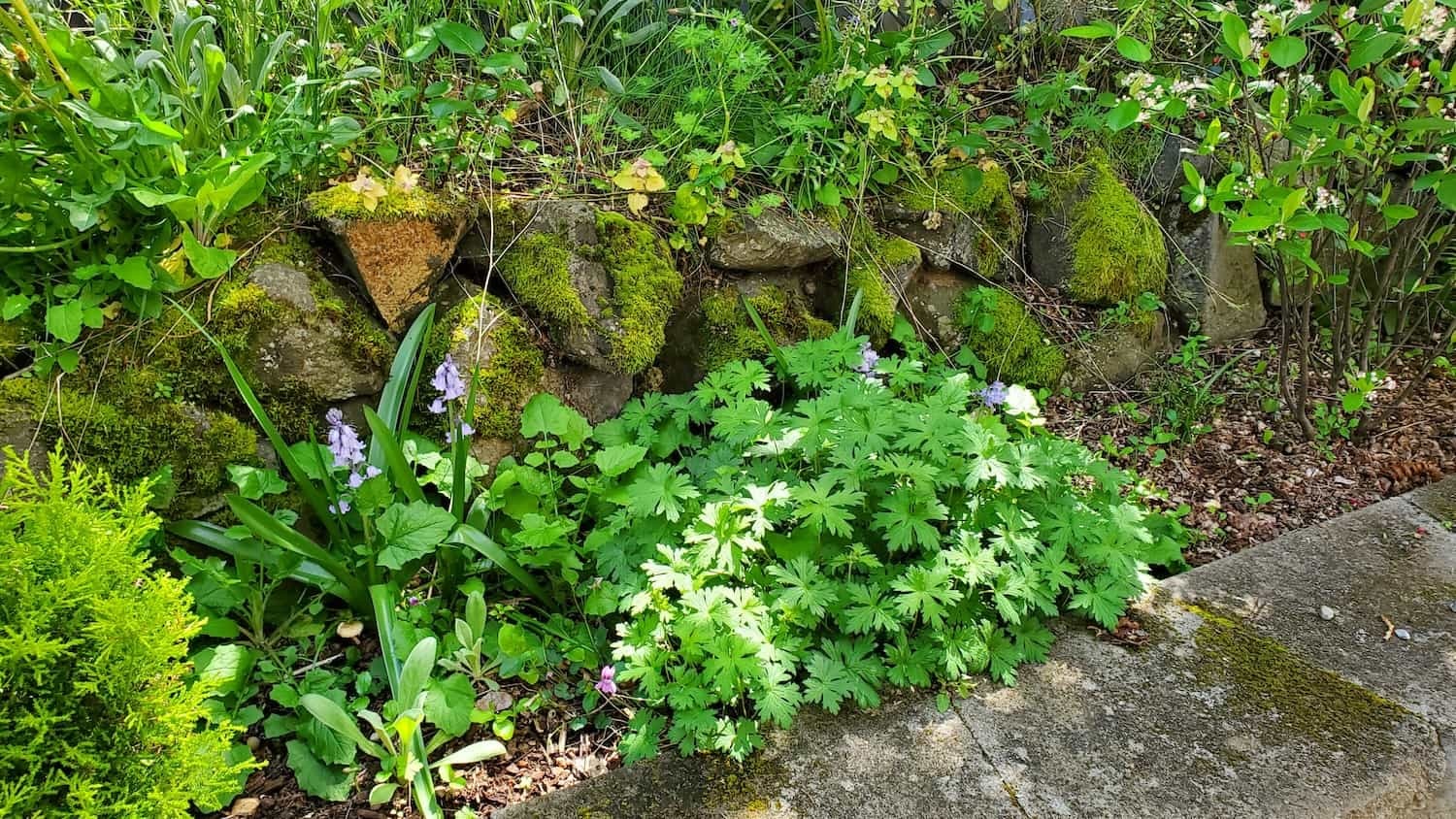West Seattle Deadhead Flowers
Homeowner’s Issue
West Seattle yards face a mix of coastal influence, dense tree canopy, and varied slopes that make flower care different from other parts of the city. Heavy fall–winter rains compact clay and glacial till in lower spots (think south of Admiral and around Highland Park), while pockets near Alki and Lincoln Park get salt spray, wind and better drainage. Many front yards are partially shaded by mature Douglas-firs and maples, so moss, slug pressure, and early-season leggy growth are common. Summers are mild but can have dry stretches—so watering windows matter for newly cut stems.
Deadheading isn’t just cosmetic here. Left-to-seed spent blooms feed weeds and invite slugs, increase humidity under shrubs, and reduce next flushes on roses, geraniums, salvias and many annuals. HOA rules or streetscape expectations in Admiral, Fauntleroy, and other neighborhoods mean public-facing beds must be tidy through spring and into fall. Sustainable deadheading—cutting to promote repeat bloom, removing seed heads, and balancing pruning with mulch and compost—gives West Seattle gardens better bloom cycles and lowers maintenance between visits without herbicides. This local approach solves curb-appeal headaches while protecting soil biology and stormwater runoff.
Our Quality Service
We do focused, sustainable deadheading and light shaping to strengthen repeat bloom and tidy public-facing beds. Our crews use bypass pruners, hand shears, soft rakes, and compost sacks; no herbicides ever. Typical visits take 30–90 minutes per bed depending on size and plant mix, with most small-to-medium jobs completed same day.
Local insight we apply:
- We match cuts to bloom habit (annuals vs. repeat-flowering perennials and shrubs).
- We account for West Seattle shade pockets and slope drainage to avoid over-pruning into wet seasons.
- We plan work around Seattle’s rainy season and summer watering windows to reduce transplant stress.
Benefits: safer walkways, improved curb appeal, reduced slug and moss pressure, and lower maintenance needs long-term.
What’s Included
- Inspect beds and identify repeat- and single-bloom species.
- Hand deadheading: remove spent blooms and seed heads cleanly.
- Light shaping to maintain form and airflow.
- Debris collection and removal (composting preferred).
- Final tidy and bed edging where requested.
Options / upgrades:
- Mulch + landscape fabric (optional) to suppress weeds and retain soil moisture.
- Organic weed control and mechanical ivy removal—no herbicides.
- Compost top-dressing or slow-release organic fertilizer.
- Haul-away debris or compost-ready green-bin drop-off (you choose).
Before & After / Expectations
- Mess & noise: Expect light cutting noise and plant debris during work; we bag or box material for composting or haul-away.
- Access: Clear path to beds helps keep time and cost down; narrow side yards may require hand transport only.
- Timelines: Most deadheading jobs are same-day; larger reworks can be scheduled within 3–10 days.
- Aftercare tips for West Seattle: water cut perennials in the morning during dry spells; reapply mulch in late fall; rake moss thinly and improve air circulation rather than heavy pruning in late wet season.
- Seasonal notes: Spring and early summer have highest weed and slug pressure—plan visits every 4–6 weeks during that period.
FAQs
Q: How often should I schedule deadheading in West Seattle?
A: Every 4–6 weeks during the main growing season; every 6–8 weeks is usually fine for shade beds.Q: Do you use herbicides or chemical controls?
A: No. We use sustainable, mechanical, and organic methods only—no herbicides.Q: Will deadheading harm my plants before winter?
A: We avoid late-season cuts on species that benefit from seed heads for winter structure. We advise bed-specific timing.Q: What if I have steep slopes or coastal exposure?
A: We assess slope stability and use hand tools and erosion-conscious techniques near slopes and salt-prone sites.
Call to Action
West Seattle homeowners (Admiral, Alki, High Point, Lincoln Park areas) — book a sustainable deadheading visit to keep flower beds tidy and blooming longer. Fast scheduling and free photo estimates; local crews that know the neighborhood quirks. Email neatandtidyseattle@gmail.com to request availability and a quick quote.










